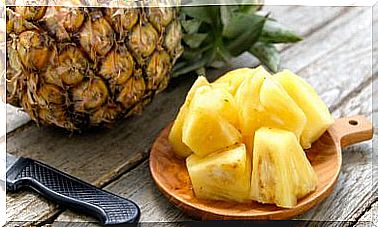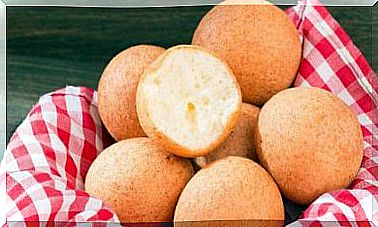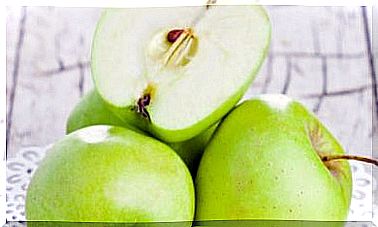What Vegetable Oils Are Good For Health?
Vegetable oils can come from a endless of different origins. Some are obtained from seeds and others from cereals or fruits. Now, we may come to ask ourselves: are they all the same? Can they bring us the same benefits? In short: are vegetable oils good for your health?
The truth is that no, not all oils are the same. Each one has different characteristics and properties, due to a question of origin and also due to the way of preparation, therefore, each oil has a specific value and use.
Since we usually use oil to prepare different foods, it would be interesting if we knew a little more about the different varieties that exist and their contribution.
Vegetable oils with nutritional properties
The oils are fundamentally fat, so they do not have a high content of proteins, carbohydrates, vitamins or microminerals. However, they contribute to the absorption of vitamins that are soluble in fat, such as vitamin A, D, E and K.
In general, the fats in liquid oils at room temperature are usually healthy and provide metabolic energy. One of the great beneficiaries of these fats is the brain. This organ is very fatty and uses fat to function and for neuronal communication.
Without fat, the brain would be “dumb”. Despite being so fatty, the brain does not produce much of the essential fat it needs for its activity, so it needs to be obtained through diet. On the other hand, vegetable oils are recommended for cardiovascular balance and for skin health, among other issues.
Thus, the preferred vegetable oils are those that contain the greatest amount of essential fats that the body needs in its functions. Taking into account the particular composition of each one of them, also the forms of cooking and their use in cooking recipes is varied.
Let’s see some examples of vegetable oils good for health according to their particularities.
The jewel of the Mediterranean diet: olive oil
Olive oil is the “liquid gold ”Of the Mediterranean diet. In addition, it is very rich in monounsaturated fatty acids, vitamin E and other natural antioxidants.
In fact, according to the conclusions of a conference held in 2018 in Jaén (Spain), it is one of the few that has been shown to be useful in long-term weight loss. In addition, it is considered to be beneficial for preventing hypertension-related diseases, and its benefits against different types of cancer are still being studied today.
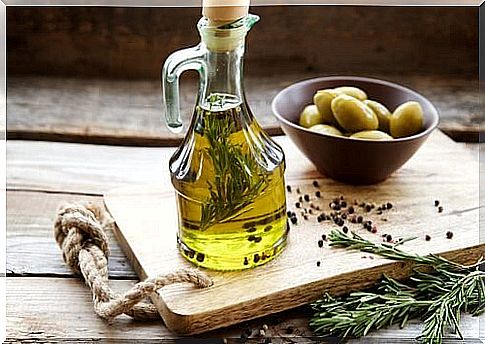
However, olive oil is not resistant to high heat so it can degrade if overheated. Therefore, care must be taken when frying with olive oil to prevent it from degrading.
Canola oil
Canola oil is high in healthy unsaturated fats And, since it is considered that it can contribute to the reduction of “bad” cholesterol by up to 17%, it is considered that its regular consumption can be part of a healthy diet.
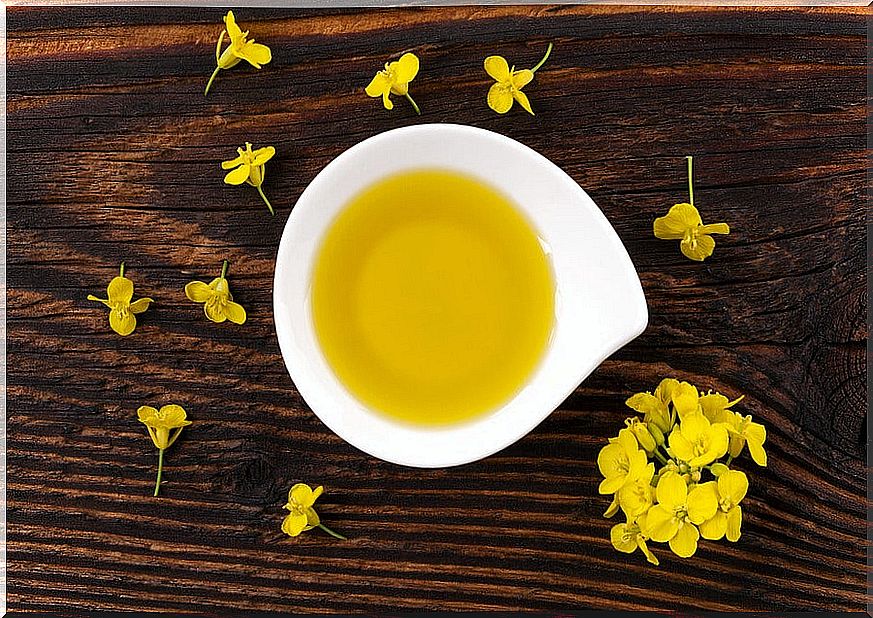
However, this oil does not have a high melting point, so it is not recommended for frying that requires heating the oil to high temperatures. This process can generate chemical reactions that degrade the oil and release toxic substances.
Ac eites nuts
Nut oils, such as walnut and almond or seeds – such as pumpkin seeds or grape seeds – contain high levels of unsaturated fats. In fact, they are one of the oils with the highest content of these polyunsaturated fats.
Consequently, they are more sensitive to degradation and can be more easily oxidized. They should not overheat as they can release toxic substances.
They are therefore ideal for marinades and dishes that are served cold. As they have a very low melting point, they do not tend to solidify when put in the fridge. Therefore, they are optimal for storing dishes in the fridge without the oil solidifying.
Coconut vegetable oil
Coconut oil is rich in saturated fat, which has its advantages and disadvantages. On the one hand, coconut oil can increase the levels of “bad” cholesterol, when compared to olive oil, due to its high content of saturated fat.
However, this oil is considered healthier than butter (very rich in saturated fat) when it comes to regulating cholesterol levels. In general, the dietary recommendations advise not to abuse the consumption of this oil.
However, coconut oil has excellent properties. Among others, it is recommended for topical use on the skin, providing hydration and balance. It also appears to be a good nutrient for the brain.
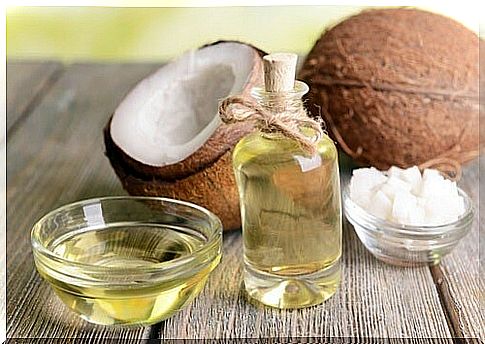
Fat content of each type of oil
Olive, canola, and coconut oils contain the same number of calories and total fat content. However, the composition of each type of fat (saturated or unsaturated) is different.
In the following table you can check the differences in the content of 1 tablespoon (Source: USDA).
| Olive oil | Canola oil | Vegetable oil | Coconut oil | |
| Kilocalories | 120 | 120 | 120 | 120 |
| Total fat | 14 g | 14 g | 14 g | 14 g |
| Saturated fats | 2 g | 1 g | 2 g | 13 g |
| Monounsaturated fatty acids | 10 g | 8 g | 3 g | 1 g |
| Polyunsaturated fatty acids | 1.5 g | 4 g | 8 g | 0 g |
Are All Vegetable Oils Good For You?
It is necessary to qualify. Thus, due to its difference in the content of saturated and unsaturated fats, each oil is preferential for a different type of cooking and culinary preparation. Therefore, it would be advisable to avoid using the same oil to prepare all kinds of dishes.
In fact, the ideal would be to use the most suitable for each one, depending on their characteristics and tolerance to high temperatures, as we mentioned earlier.
Certainly, olive oil is the most versatile. It can be used for stir fry, cold sauces, dressings, mayonnaise or hot sauces. Although it is not the most recommended for making fried foods.
For their part, vegetable and canola oils are recommended, above all, to prepare dishes that do not involve subjecting the oil to high temperatures, since overheating can alter its properties. Finally, it must be taken into account that, in baking, it is where you can see the best results of coconut oil.

